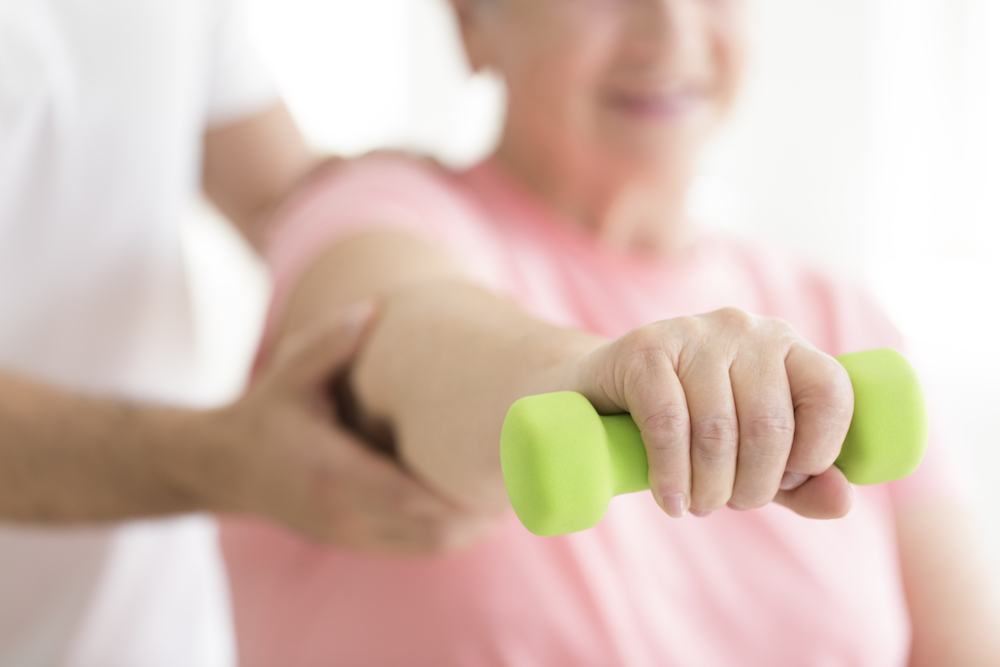Falls are the leading cause of lost independence and injury for the elderly. Their bodies often don’t fully recover from the trauma and their care needs increase. The risk of further health complications and trauma increases exponentially. In February 2019, The Coordinating Minister for Infrastructure and Minister for Transport Mr Khaw Boon Wan fractured his left arm in a fall at home.
Mr Khaw, who is 66 years old reminded fellow seniors never to jump out of bed. “At our age, it’s important to get up, pump the heart, stand up, feel that you are steady before taking the first step.” He added.
In this article, we take a look at the leading factors that increases elderly fall risks at home.
Insomnia
Insomnia exists in various forms and generally refers to a difficulty of falling or staying asleep. This typically contributes to a perception of unrefreshed sleep and inability to focus on tasks during the day. An estimated 10% to 15% of the adult population have chronic sleep problem and an additional 25% to 35% of the population have transient or occasional sleep difficulties.
A 2014 US Study concluded that sleep duration and fragmentation were associated with greater risk of recurrent falls among older men. Within this group, the elderly are more susceptible and vulnerable because they experience a more fragmented sleep pattern. Sufferers of Alzheimer’s, Dementia and Restless Legs Syndrome (RLS) also have an increased risk of problems sleeping. RLS affects more than 20% of people 80 years and older and contributing factors include low iron levels, Parkinson’s disease, Kidney Failures, Diabetes and Arthritis.
Mobility Struggles
Elderly who have recently had a stroke or surgery are also at increased risk of falling from their beds. A lot of these falls are more likely to happen in the process of getting in and out of bed. Contributing factors include weak footing, poor eyesight or lighting and a recurrent unfamiliarity with space.
Orthostatic Hypotension
Common in those age 65 and older, Orthostatic Hypotension occurs when something interrupts the body’s natural process of counteracting low blood pressure when you stand up from sitting or lying down. Orthostatic hypotension can make you feel dizzy or lightheaded, and maybe even faint.
For the Elderly, conditions like heart valve problems, Bradycardia(low heart rate) can cause Orthostatic Hypotension. These conditions leads to low blood pressure thus preventing your body from responding rapidly enough to pump more blood when standing up.
Hypoglycemia or low blood sugar can also cause Orthostatic Hypotension, as can diabetes — which can damage the nerves that help send signals regulating blood pressure. Parkinson’s disease can also disrupt your body’s normal blood pressure regulation.
Bed Rest
Elderly that have been on bed rest due to illness or medication may be weaker due to muscle atrophy and at a higher risk of falls when getting in and out of bed. They may also be suffering from Orthostatic Hypotension.
Reducing fall risks for the Elderly

Encourage simple, safe and regular exercise.
Simple exercises done regularly enough build strength, balance, limb coordination and mental alertness.
Promote a safe and conducive living environment.
Apply the KonMari treatment! Make the home safer by decluttering and install elderly friendly features such as railings and consistent lighting.
Keep noise to a minimum and ensure commonly used items like canes are within reach. Always keep floors dry.
Regular check ups
Catch and treat problems early by going for regular checkups. Especially with vision related conditions.
Never jump out of bed
We couldn’t agree more with Mr Khaw Boon Wan, who advised seniors to never jump out of bed. Do allow the heart ample time to counteract changes in blood pressure by turning your body and placing both feet firmly on the ground, pause for a few seconds before lifting yourself off the bed slowly.
Caregiver support
Minimise unnecessary movement for the elderly by having someone to care for them. Delegating a family member to help out or even just check in periodically to converse with the elderly will dramatically improve their quality of life.
At Jaga-Me we believe in making healthcare accessible and available to everyone. We provide personalised and curated care for your loved ones. If you need a trained nurse to do professional medical procedures or a trained nurse to do nursing procedures at the convenience of your home, you can engage our care services.
If you found this article helpful, we recommend reading Budget 2019: CHAS Enhancements, Long Term Care Support Funds, MediSave top-ups and The Silver Lining Subsidies: Daily Living & Outpatient
Award winning Home Care trusted by health professionals – Jaga-Me




